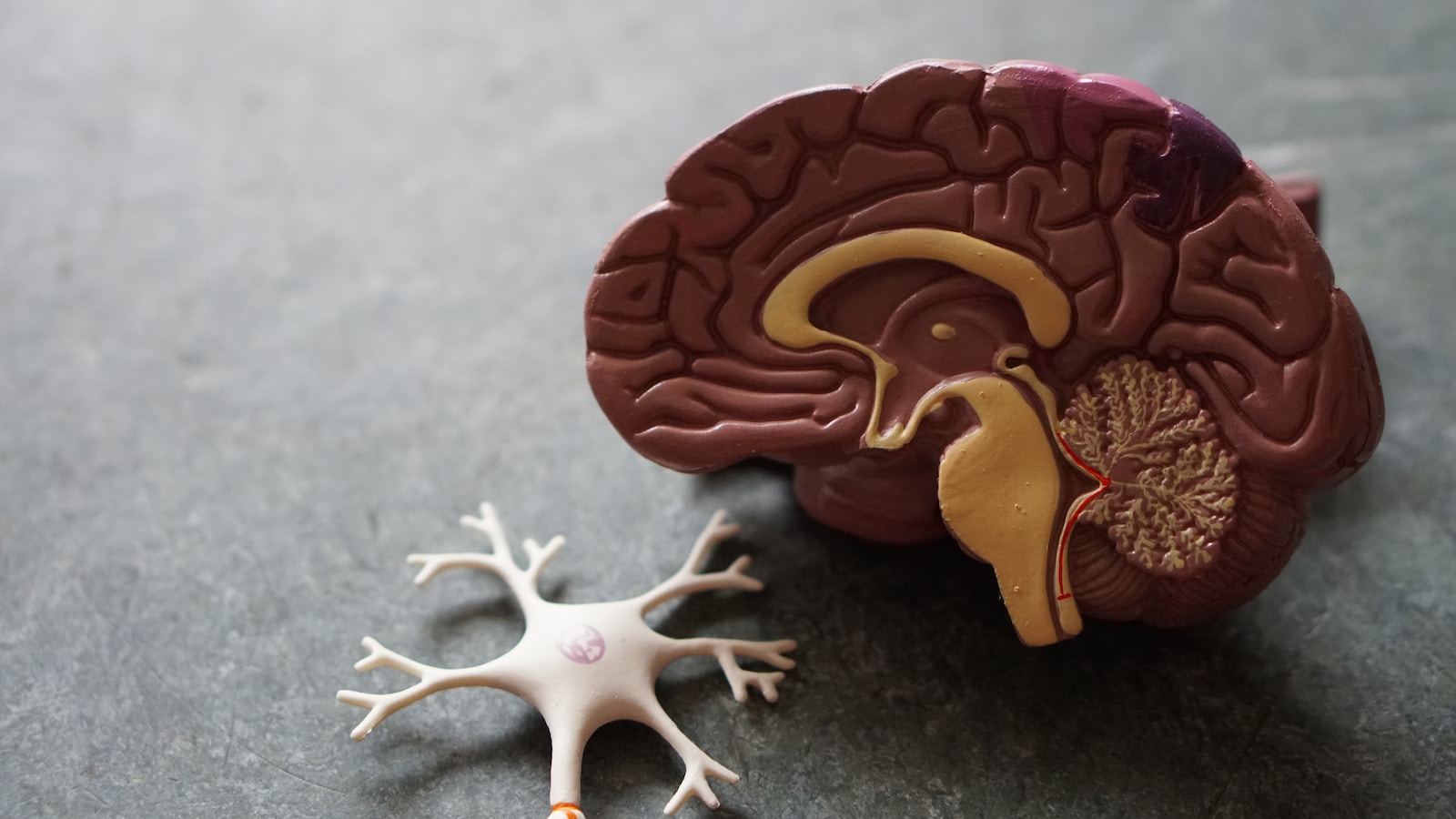Research from a new, first-of-its-kind study has found that older people who suffer from memory loss are 30% more likely to regain normal cognition if they think positively about ageing.
A Yale School of Public Health study, published today, unveiled that older persons who struggle with mild cognitive impairment (MCI) – a common type of memory loss – were more likely to regain memory if they were culturally taught to look at getting old as a positive rather than a negative.
In addition, experts also found that positive believes about ageing enabled those involved with the study to recover their memory up to two years earlier than those with negative age beliefs. This cognitive recovery advantage was discovered regardless of baseline MCI severity.
The study, funded by the National Institute on Ageing, had 1,716 participants aged 65 and older.
Becca Levy, Professor of Public Health and of Psychology and lead author of the study, said: ‘Most people assume there is no recovery from MCI, but in fact half of those who have it do recover. Little is known about why some recover while others don’t. That’s why we looked at positive age beliefs, to see of they would help provide an answer.’
Professor Levy predicted that positive age beliefs could play a vital role in cognitive recovery because her previous experimental studies with older persons found that positive age beliefs reduced the stress caused by cognitive challenges, increased self-confidence about cognition and improved cognitive performance.
Experts discovered, older persons in the positive age-belief group who started the study with normal cognition were less likely to develop MCI over the next 12 years than those in the negative age-belief group, regardless of their baseline age and physical health.
Professor Levy commented: ‘Our previous research has demonstrated that age beliefs can be modified, therefore, age-belief interventions at the individual and societal levels could increase the number of people who experience cognitive recovery.’
Findings were published in the JAMA Network Open and Martin Slade, a Biostatistician and Lecturer in Internal Medicine at Yale is the Co-Author.
Image: Robina Weermeijer













